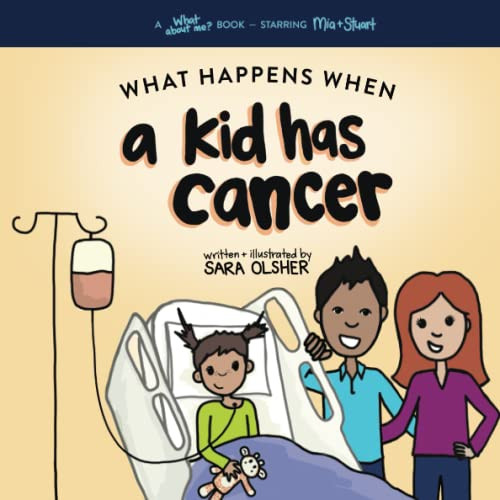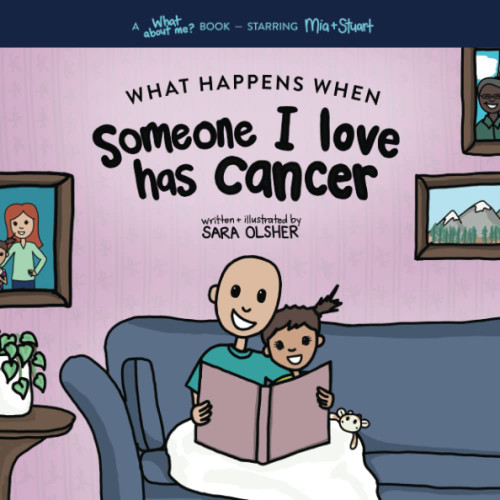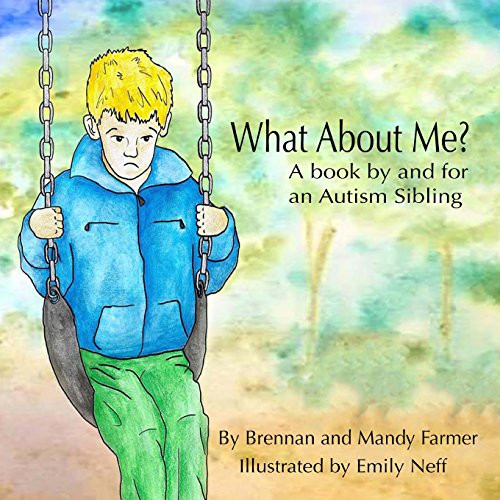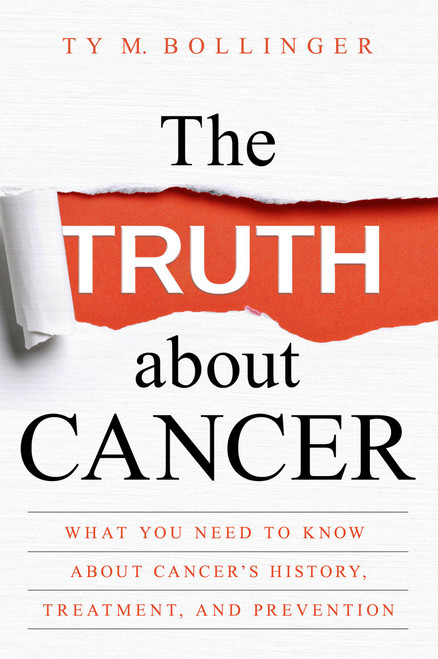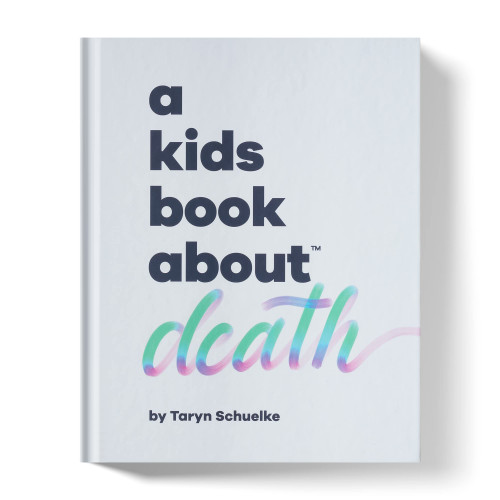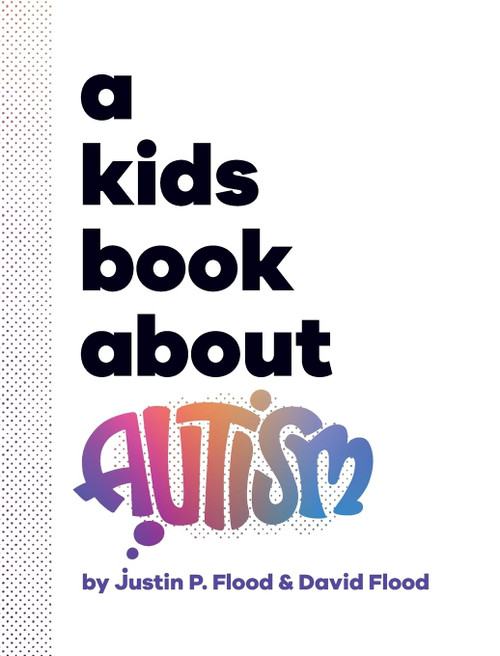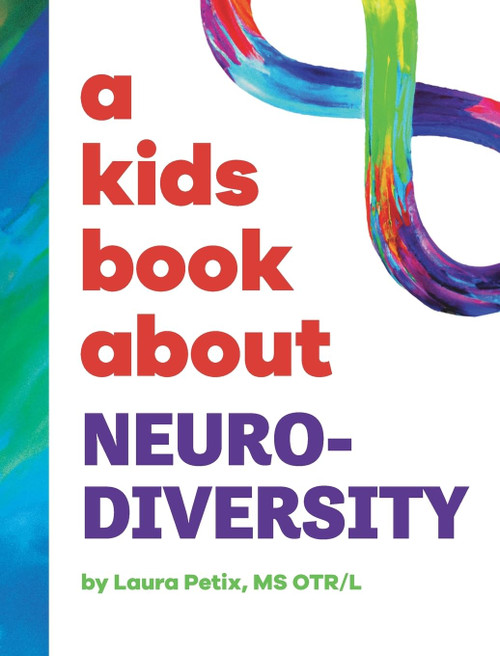When a child is diagnosed with cancer, life flips upside-down. Suddenly, our days (and our thoughts) are dominated by doctors, nurses, child life specialists, and a million technical terms that will make anyone's head spin. Add extreme fear and anxiety to that, and you've got a recipe for the most stressful time in a family's life. What Happens When a Kid Has Cancer is a book written with the purpose of relieving the anxiety and confusion that comes from a child's cancer diagnosis and treatment. Aimed at ages 4-10, What Happens When a Kid Has Cancer covers the main points of pediatric cancer what it is and what the experience of treatment is like and shows how it can change a kid's day-to-day life. Written with the help of Child Life Specialists, Oncology Social Workers, and families who have been through pediatric cancer, What Happens When a Kid Has Cancer is used in childrens hospitals globally to introduce the topic of cancer to kids, and is used as an ongoing resource throughout treatment to reinforce the why behind different treatments. A go-to choice for families that want to reduce their kids' anxiety surrounding a very scary diagnosis, this book aims to empower kids with knowledge, which is proven to help kids through traumatic situations. This method of teaching is based on decades of solid science about how kids learn and cope with the major day-to-day changes that result from issues like cancer. It is also available in Spanish (qu pasa cuando un nio tiene cncer), and can be ordered in bulk (with a low-cost visual treatment calendar) from the publisher. Open, Honest, and Accessible: Kids can handle learning the truth about most any situation as long as its presented in a way that makes sense to them. This engaging book puts kids at ease. Applies to All Types of Cancers: What Happens When a Kid Has Cancer explains the science of cancer, and can apply to all types of cancers, such as solid tumors like brain tumors, neuroblastoma, kidney tumors, or malignant bone tumors, or blood cancers such as leukemia or lymphoma. How Cancer Treatment Will Affect a Child: From a developmental perspective, kids experience life as if the whole world revolves around them. They need to understand that cancer isnt their fault, that its not contagious, and that its not their job to fix it. But beyond that, kids want to know how it will affect their day-to-day. Who will pick them up from school? How will playtime happen? What emotions will it cause? Explanation of Treatment: This book provides a foundation for discussions about specific treatments: Surgery and anesthesia, chemotherapy, hair loss and hair changes, ports, central lines, tubies, hospital stays, radiation, scans and blood draws. Validation of Feelings: Cancer treatment brings up a whole host of emotions. By shining a light on them, this book validates kids experiences and feelings, reassuring them that their emotions are normal and encouraging them to share with a trusted grown-up. Resource for Caregivers: When theres no resource to make hard conversations easier, grown-ups are far less likely to have the conversation. This book serves as a method to make conversations about cancer easier, so adults feel comfortable using the word cancer and knowing that their kids will feel empowered, rather than terrified. Theres also a coupon in the back of the book for a free guide to having the conversation and supporting kids ongoing. Therapeutic and Educational Tool: Used in childrens hospitals across the globe and distributed by numerous nonprofits, What Happens When a Kid Has Cancer is a go-to book in schools, counseling settings, and support groups. There are no references to God or the afterlife, leaving room for families to have discussions based on their own belief system.
What Happens When a Kid Has Cancer: A Book About Childhood Cancer for Kids (What About Me? Books)
$16.77 - $23.22
- UPC:
- 9781734864168
- Maximum Purchase:
- 2 units
- Binding:
- Paperback
- Publication Date:
- 9/11/2020
- Author:
- Olsher, Sara
- Language:
- English: Published; English: Original Language; English
- Pages:
- 34
